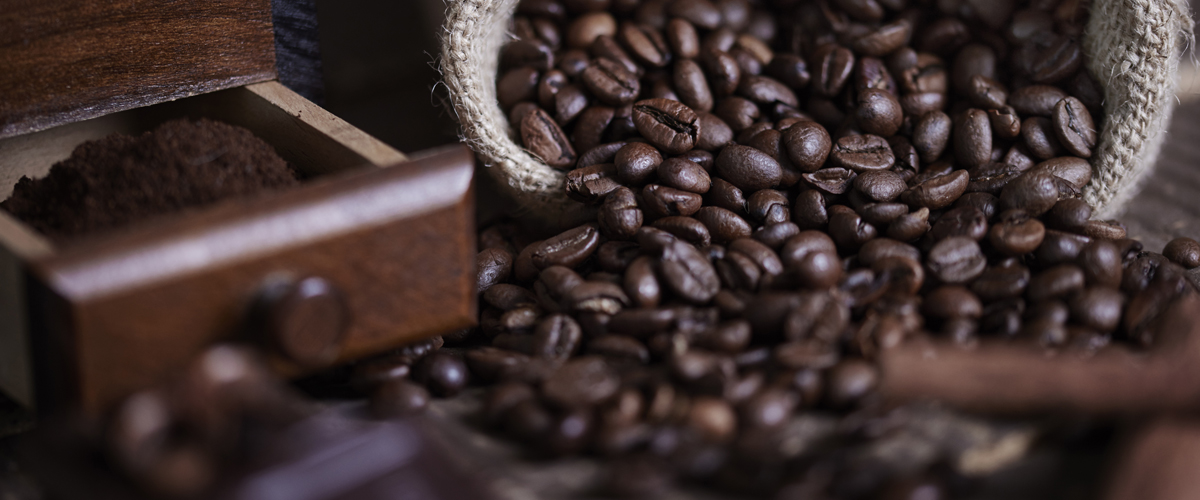
The quality of a brew depends on the following factors (in no particular order):
- Time since grinding the beans.
- Time since roasting.
- Cleanliness with brewing equipment.
- Bean quality (what crop, etc.).
- Water quality.
Fact: Unless you are buying some major debris, bean quality is not very important, as compared to 1-3 and 5.
Fact: A coffee can in the supermarket often contains major debris, so be careful when you choose. (See note below).
Fact: Once you have freshly roasted and ground coffee, filtered water and equipment free of oil residues from the last brew, quality of beans makes a huge difference.
NOTE: A coffee can in the supermarket often contains a blend of Arabica and robusta beans while most coffee houses sell only arabica beans. Arabica beans are usually flavor rich, while robusta beans have more caffeine, less flavor and are cheaper to produce.
When you buy coffee, whether in a coffee house or in a supermarket, you want to get 100% arabica, except for espresso blends, which may be a combination of both. My personal experience says that a 100% arabica espresso blend is better but many people (including many Italians) will disagree on this point, so go with what you like.
For freshness, in a coffee house it is better to buy popular blends that move fast, while in a supermarket vacuum packaged containers with expiration date are your best bet.
Chances are you will not get truly fresh coffee in a supermarket. This is an absolute fact if it is pre-ground. In a coffee house look for a shop that roasts in-house and ask what was roasted that day. If the person behind the counter does not know, ask to talk to someone who cares about coffee. If no one knows, go somewhere else. As a side note, it should be mentioned that coffee is at its best after 12-24 hours, so you might be interested in day-old coffee as well if you plan to brew the same day. Also, grind your own coffee. Buying fresh and then having it ground defeats the purpose. Ground coffee only lasts a few hours or one day tops.
